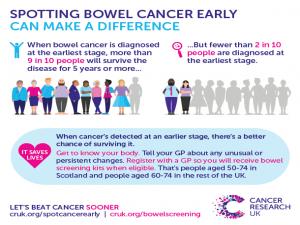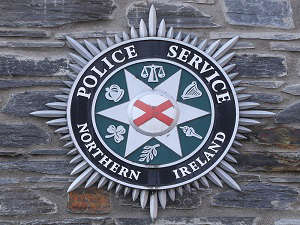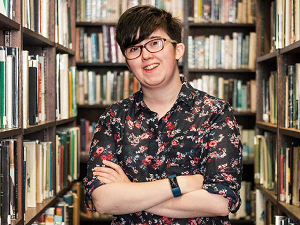
by Q Radio News
Medical professionals say it's unacceptable Northern Ireland has no strategy to deal more effectively with cancer patients.
Research has found 10 per cent of bowel cancer patients here are waiting more than a year for treatment.
It takes an average of 138 days for people in the province to receive treatment after noticing a symptom.
The figures are the same in England and Wales.
The new study, published in the journal BMJ Open, found that men and women in Wales took the longest to contact their doctor once they had noticed a health concern or symptom, with an average of 49 days.
Patients in Denmark took an average of 21 days, according to the study, co-ordinated by Cancer Research UK.
The study compared countries with similar healthcare systems including the four nations of the UK, Denmark, Norway, Sweden, Manitoba in Canada and Victoria in Australia.
The authors examined questionnaires completed by more than 2,800 patients and their doctors between 2015 and 2017 as well as their health records.
After their bowel cancer had been diagnosed, patients in Sweden and Australia started treatment in an average of 14 days.
Those in Wales waited 39 days, English patients waited an average of 31 days, Scottish patients waited 33 days while those in Northern Ireland waited 25 days before starting chemotherapy, radiotherapy or having surgery.
Researchers also noticed differences between the countries in the time it took for patients to be diagnosed, once they had sought help.
In the UK, patients in Wales and Northern Ireland waited longer to receive their diagnosis - an average 60 and 64 days respectively - than patients in Scotland, who waited 38 days, and English patients, who waited 48 days.
The authors highlight how across the world 1.36 million new cases of bowel cancer are diagnosed every year.
"There remains substantial international variation in both one-year and five-year survival, with countries such as the UK and Denmark having significantly poorer survival than other countries such as Sweden, Canada and Australia," they added.
Commenting on the study, Sara Hiom, Cancer Research UK's director of early diagnosis, said: "This work shows that the UK has a major task ahead to improve how promptly bowel cancer patients receive treatment.
"There is much we can learn from other countries, from addressing barriers to encourage people to visit the GP if they notice unusual changes to ensuring they have the swiftest possible path from referral to diagnosis and treatment.
"It's also essential we have enough staff and capacity to perform and report tests promptly and deliver treatment without delay."
Professor David Weller, lead author based at the University of Edinburgh, said: "The significant variation between participating countries in the time it took for patients to begin treatment shows there is real potential to speed up this process.
"Further research is needed to understand these differences and build on what is working well in other countries to give patients in the UK the best possible care."
An NHS England spokesman said: "While Cancer Research UK is right to encourage people to see their GP quickly if they spot any symptoms, the data in this report is out of date and patients can be reassured that nine out of 10 people start treatment within 90 days of seeing their GP.
"Cancer survival rates are also at their highest ever and, as part of the NHS's long term plan, for cancer work is already underway to ensure faster and earlier diagnosis and treatment to help save more lives."
A Welsh Government spokesman said: "We are taking action to improve the detection of bowel cancer as set out in the Cancer Delivery Plan for Wales.
"This includes a focus on screening and earlier detection, as well as rapid access to treatment and high quality care.
"Last week the Health Secretary announced a further £3 million investment next year in cancer pathways and further investments will be made in diagnostic investigations such as colonoscopy."
Margaret Carr from Cancer Research UK's been speaking to Q Radio.


 Teenage girl killed in road crash named as Kamile Vaicikonyte
Teenage girl killed in road crash named as Kamile Vaicikonyte
 Covid-19 inquiry ‘an opportunity for candour’ from Stormont leaders
Covid-19 inquiry ‘an opportunity for candour’ from Stormont leaders
 UK and Irish ministers to meet amid row over migration
UK and Irish ministers to meet amid row over migration
 Three men set to go on trial for murder of journalist Lyra McKee
Three men set to go on trial for murder of journalist Lyra McKee
 Swann refuses to rule out resigning if budget is not changed
Swann refuses to rule out resigning if budget is not changed